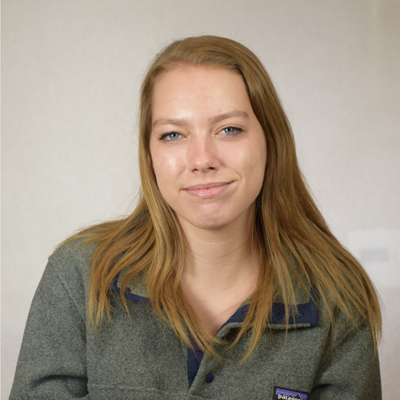Juniors Ambivalent about New Test
September 29, 2017
The CAASPP (California Assessment of Student Performance and Progress) test was administered to juniors from May 15-26.
Juniors last year took the SBAC (Smarter Balanced Assessment Consortium) test, which vice principal Karen Findlay said is virtually the same. “The difference is now it’s an online test,” said Findlay.
The SBAC test last year revealed that juniors’ “listening skills aren’t great,” Findlay said, which is “a great way to be able to reflect and see what areas of growth there are.”
The CAASPP test is composed of 2 English language arts tests, 2 math tests, a computer adaptive test, and a performance task for ELA and math each. “They each have a performance task where you’re given a lot of information. For math you have to solve some equations and then you have to explain what you’re doing. And for the ELA performance task you read a lot of information and then you synthesize and then you write an article or an essay. And that was the same as last year,” Findlay said.
Findlay said the state decided that CAASPP results will not appear on student transcripts.
The test will be used, in part, to determine Campolindo’s ranking against other California high schools.
Junior Ruby Lowe said she is glad the test won’t go on her transcript. “We have enough tests on our transcripts, I feel, and also I don’t really know if it would be helpful for [colleges] learning what we know. I don’t think it would be a good assessment. Maybe more like an assessment of if you can answer questions on the fly and make it sound ok, not really your knowledge,” she said.
Lowe said that how the test will impact the school’s ranking “depends on if people took it seriously or not.” She added, “I feel like if people did, it would be a good gauge. [People tried] not as much as they would have for the ACT or the final, but they probably tried to a degree.”
Junior Jessie O’Reilly is doubtful that the test results will reflect positively on Campolindo. “I think because it doesn’t have an affect on our grade or a big purpose school-wise, a lot of people don’t try very hard, so in some ways it’s kind of just a waste of time,” she said.
“Some people will just repeat a random answer, so it’s not very beneficial for later, which could almost hurt the school,” O’Reilly added.
Vice principal Jonathan Drury, who supervised the test, said the questions were “definitely more critical thinking. You had to use your knowledge you learned throguhout the year in your classes and apply it. It’s not just a regurgitation of information.”
“[It was a] really exciting test, really exciting test. Good test,” Drury added.
